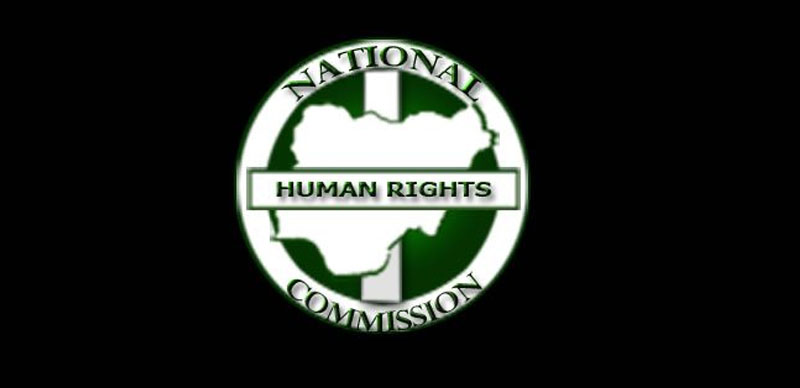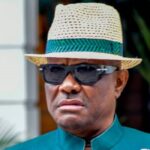
As part of its pledge to carry out a transparent and inclusive investigation, the National Human Rights Commission has provided a report on its progress in unravelling the facts around Reuters allegation of human rights violations by the Nigerian military.
It could be recalled that late last year, Reuters – an international news organisation indicted the military in gross human rights violations involving mass abortions, infanticide and the killing of women.
The commission on Wednesday announced that the Special Independent and Investigative Panel headed by the retired Chief Judge Abdu Aboki is set to embark on the second phase of the investigation.
The second phase of the investigation will involve “public hearings in Abuja, Yobe and Adamawa, a continuation of public hearings in Maiduguri, visits to three civilian camps for returnees in Borno state, training and deployment of a second set of community investigators.”
It will also involve processing and analysis of documents from the Nigerian military and hospitals in Borno state.
Some emerging issues in the course of the investigation were also disclosed such as the need to access documents, the inability to make physical visits to unsafe areas in Borno and the need for community investigators.
The panel stated that during the course of its findings, the SIIP North-east after inauguration approved a program of work in line with its mandate and began hearing from 9th to 16th February 2023.
He said the panel has since started its investigation in Maiduguri where it has recorded success and has also received massive cooperation from the Nigerian Military and the Borno state Government.
The panel covered five locations during the period, seven divisions of the Nigerian Army, Mai Malari Barracks, Joint Investigation Center, Giwa Barracks, state specialist hospital, Umaru Shehu hospital, and Amada international hotel.
According to the secretary of the panel who is the NHRC senior human rights adviser, Hilary Ognonna, the committee has received “testimonies from 33 individuals during the period including military officers, health personnel and public officials”.
Consultations, outreach, public hearings and local level investigations, research, analysis and documentation were also part of the first phase activities embarked upon in the course of the investigation, according to the panel.
The task of investigating the allegations by Reuters has also led to partnerships with several stakeholders like the NBA, UN agencies, and civil societies and the task is not without unique challenges.
Among the challenges acknowledged by the panel is that, “a good number of the military personnel who served in the location have either been reposted or retired from service”.
Another challenge is the non-cooperation of some international agencies, difficulty accessing victims, logistics and financial challenges.
“Some international agencies have invoked their immunities and non-interference policies to stay out from either presenting testimonies or documents to the SIIP North-east,” Ogbanna disclosed.
The Executive Secretary of the Commission, Chief Tony Ojukwu, while briefing newsmen on the progress report said there are some gaps which can only be filled with cooperation from stakeholders, without which there would be a major challenge for the panel to adequately determine the alleged violations.
He said the Panel and the Commission need the support of all relevant stakeholders both at the International, National and state levels, all arms of the UN Systems, International NGOS, Civil society Organisations, and interest groups such as the Nigerian Bar Association, FIDA, NMA and Reuters in arriving at the truth.
He said although the allegations are weighty dating back to 2013, that there exists hope from the use of forensics and testimonies.
Ojukwu further said investigations are not yet conclusive but that progress reports will be made available to the stakeholders from time to time.





